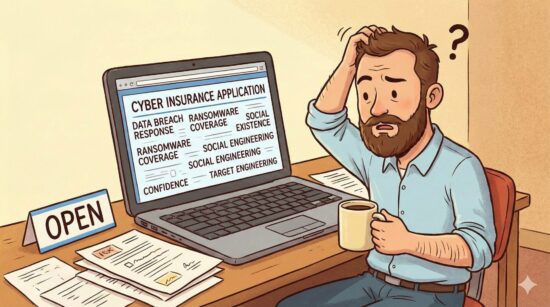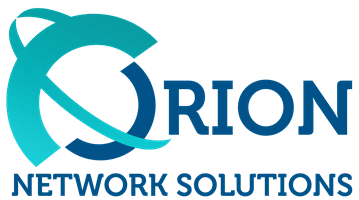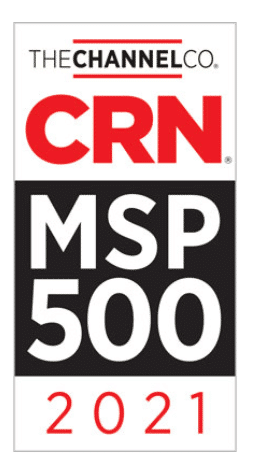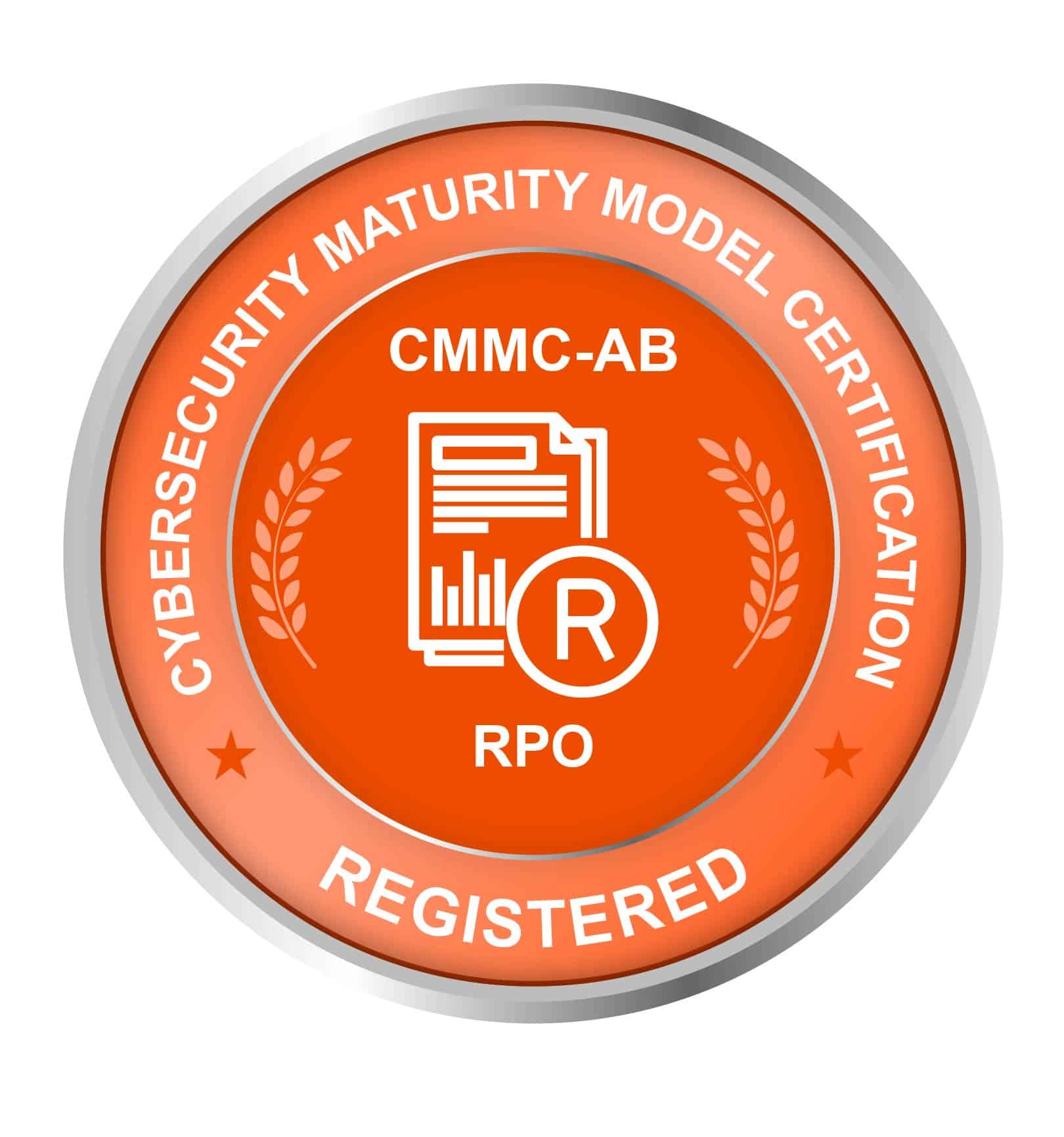In the fast-paced world of technology, misconceptions can spread faster than a computer virus. For non-profit organizations in Washington, DC seeking reliable IT services, understanding the truth behind these myths is crucial. Whether you’re a small charity in Capitol Hill, an advocacy group in Foggy Bottom, or a foundation in NoMa, these technology misconceptions might be compromising your mission, funding, and security. Let’s set the record straight on some of the most persistent IT myths affecting Washington, DC non-profits.
Myth #1: “I don’t need cybersecurity because I’m too small to be a target.”
Reality: In Washington, DC’s non-profit ecosystem, cybercriminals often target smaller organizations precisely because they typically have weaker security measures in place. According to recent data, over 43% of cyberattacks target small organizations, and non-profits are increasingly in the crosshairs due to their valuable donor data and limited security resources.
Why? Small non-profits in DC are often easier to breach and less likely to have sophisticated detection systems. With the high concentration of advocacy groups, foundations, and associations in the DC metro area, cybercriminals see abundant opportunities to access sensitive donor information and mission-critical data. Professional cybersecurity services from Orion Networks can implement appropriate security measures that protect your non-profit’s valuable information and reputation.
Myth #2: “Macs don’t get viruses.”
Reality: While Apple computers historically faced fewer threats than Windows machines, that gap has narrowed significantly. As Mac market share has grown, so has malware specifically designed for macOS.
The truth is that no operating system is immune to security threats. Mac users who believe they’re automatically protected often practice riskier online behavior, making them vulnerable targets. All computers need proper security measures, regardless of the operating system.
Myth #3: “I have a good memory, so I don’t need a password manager.”
Reality: Even if you have an exceptional memory, reusing passwords across multiple sites is a recipe for disaster. When one service experiences a data breach, all your accounts using that same password become vulnerable.
A 2023 security report found that 51% of people use the same passwords for both work and personal accounts. For non-profits, this creates significant risk as staff often access donor management systems, financial platforms, and grant portals with the same credentials. Password managers not only remember your unique passwords but generate complex ones that would take millennia to crack. They’re not just for the forgetful—they’re essential cybersecurity tools. Managed IT service providers like Orion Networks can implement enterprise-grade password management solutions for your entire non-profit organization, protecting your donor data and mission-critical systems.
Myth #4: “The cloud isn’t secure for sensitive data.”
Reality: For Washington, DC non-profits handling sensitive donor information and program data, modern cloud providers often implement security measures far more robust than what most organizations could establish in-house. Major providers like AWS, Microsoft Azure, and Google Cloud invest billions in security infrastructure and employ top security experts.
That said, cloud security operates on a shared responsibility model—the provider secures the infrastructure, but you’re responsible for configuring access controls and securing your data properly. For non-profits subject to regulations like HIPAA (for health-related programs) or PCI DSS (for donation processing), proper configuration is essential. Cloud service specialists at Orion Networks can help ensure your cloud configurations meet compliance requirements while maximizing the limited technology budgets common in the non-profit sector.
Myth #5: “I don’t need to update my software so frequently.”
Reality: Those persistent update notifications aren’t just trying to introduce new features or fix bugs—they’re often patching critical security vulnerabilities. Delaying updates leaves your system exposed to known exploits that cybercriminals actively seek out.
The infamous WannaCry ransomware attack in 2017 primarily affected computers that hadn’t installed a Windows security patch released two months earlier. For non-profits operating on tight technology budgets and often relying on older hardware, staying current with software updates is even more critical. Regular updates are one of the simplest yet most effective security measures you can take. Proactive IT maintenance from Orion Networks can ensure your non-profit’s systems are always up-to-date without disrupting your mission-critical operations or straining your limited IT resources.
Myth #6: “IT support is just ‘turning it off and on again.'”
Reality: While rebooting does resolve many issues (by clearing memory and restarting processes), professional IT services for Washington, DC non-profits deliver far more value than simple troubleshooting. Expert IT professionals understand the unique technology challenges faced by non-profits, including managing donor databases, grant management systems, and program delivery platforms with limited budgets and staff resources.
Quality IT service providers in the DC metro area can help non-profits leverage technology to advance their mission while minimizing costs. They develop strategic technology roadmaps aligned with your organization’s goals, helping you maximize impact while working within funding constraints. For mission-driven organizations, technology should be an enabler, not a burden.
Myth #7: “Adding more RAM will always speed up my computer.”
Reality: While insufficient RAM can certainly cause performance issues, it’s rarely the only factor. A slow computer might be suffering from an overloaded hard drive, malware, outdated drivers, failing hardware, or simply running too many background processes.
For non-profits with limited technology budgets, it’s crucial to identify the true source of performance issues before investing in hardware upgrades. Often, non-profits can extend the life of existing equipment through proper optimization and maintenance rather than expensive replacements. Task Manager (Windows) or Activity Monitor (Mac) can help identify whether RAM, CPU, or disk usage is the culprit, allowing for targeted and cost-effective solutions.
Myth #8: “Private/incognito browsing makes me anonymous online.”
Reality: Private browsing modes simply prevent your browser from saving your browsing history, cookies, and form data on your local device. Your internet service provider, employer (on work networks), and the websites you visit can still track your activity.
For non-profit organizations, especially those working on advocacy issues or with vulnerable populations, true online privacy may be mission-critical. Private browsing is insufficient for such needs. Network security experts can implement proper security measures that protect your organization’s sensitive communications and the privacy of the communities you serve, while maintaining compliance with relevant regulations like HIPAA or FERPA if your non-profit works in healthcare or education sectors.
Myth #9: “My data is automatically backed up to the cloud.”
Reality: Unless you’ve specifically configured and verified cloud backups, don’t assume your data is being saved. Many services offer cloud storage but not comprehensive backups. For instance, syncing services like Dropbox will propagate file deletions across all devices—that’s not a backup.
For non-profits, lost data can be catastrophic—imagine losing years of donor records, program metrics, or grant documentation. Follow the 3-2-1 backup rule: maintain three copies of important data, on two different types of storage, with one copy stored off-site. Business continuity specialists at Orion Networks can implement robust backup and disaster recovery solutions tailored to your Washington, DC non-profit, ensuring your mission-critical data is protected while working within your organization’s budget constraints.
Myth #10: “IT security is just IT’s responsibility.”
Reality: In Washington, DC’s non-profit community, the strongest firewalls and security systems can be undermined by human error. According to cybersecurity reports, over 85% of successful breaches involve a human element.
Everyone in a non-profit organization shares responsibility for security. This is especially critical for organizations handling sensitive donor information, beneficiary data, or advocacy communications. Staff and volunteers need to understand their role in protecting the organization’s data through strong passwords, recognizing phishing attempts (which often target non-profits due to perceived vulnerabilities), being cautious with unknown links and attachments, and following security protocols. Security awareness training from Orion Networks can educate your entire team on cybersecurity best practices, protecting both your organization and the communities you serve.
Conclusion
Technology myths often persist because they contain a kernel of truth or once were true but have become outdated as technology evolved. For Washington, DC non-profits, staying informed about current best practices in technology and security is essential for making good decisions about your digital infrastructure, especially when working with limited budgets and lean staffing.
Remember that the technology landscape changes rapidly—what was true five years ago might not be true today. When in doubt, consult with experienced IT professionals who understand the unique challenges faced by mission-driven organizations rather than relying on conventional wisdom or outdated advice.
Ready to Future-Proof Your Washington, DC Non-Profit?
Don’t let outdated IT myths compromise your organization’s security, efficiency, and mission impact. Orion Networks provides comprehensive IT services in Washington, DC tailored to the unique needs of non-profit organizations in our nation’s capital.
Our team of certified IT professionals understands the specific challenges faced by DC-area non-profits, advocacy groups, associations, and foundations. From robust cybersecurity solutions to cloud migration services, we deliver the expert guidance you need to maximize your technology investment while focusing on your mission.
Contact Orion Networks today:
- Phone: (301) 200-9975
- Email: info@orionnetworks.net
Serving Washington, DC non-profits and the surrounding metro area with reliable, secure, and strategic IT services that power your mission and help you impact your community.









